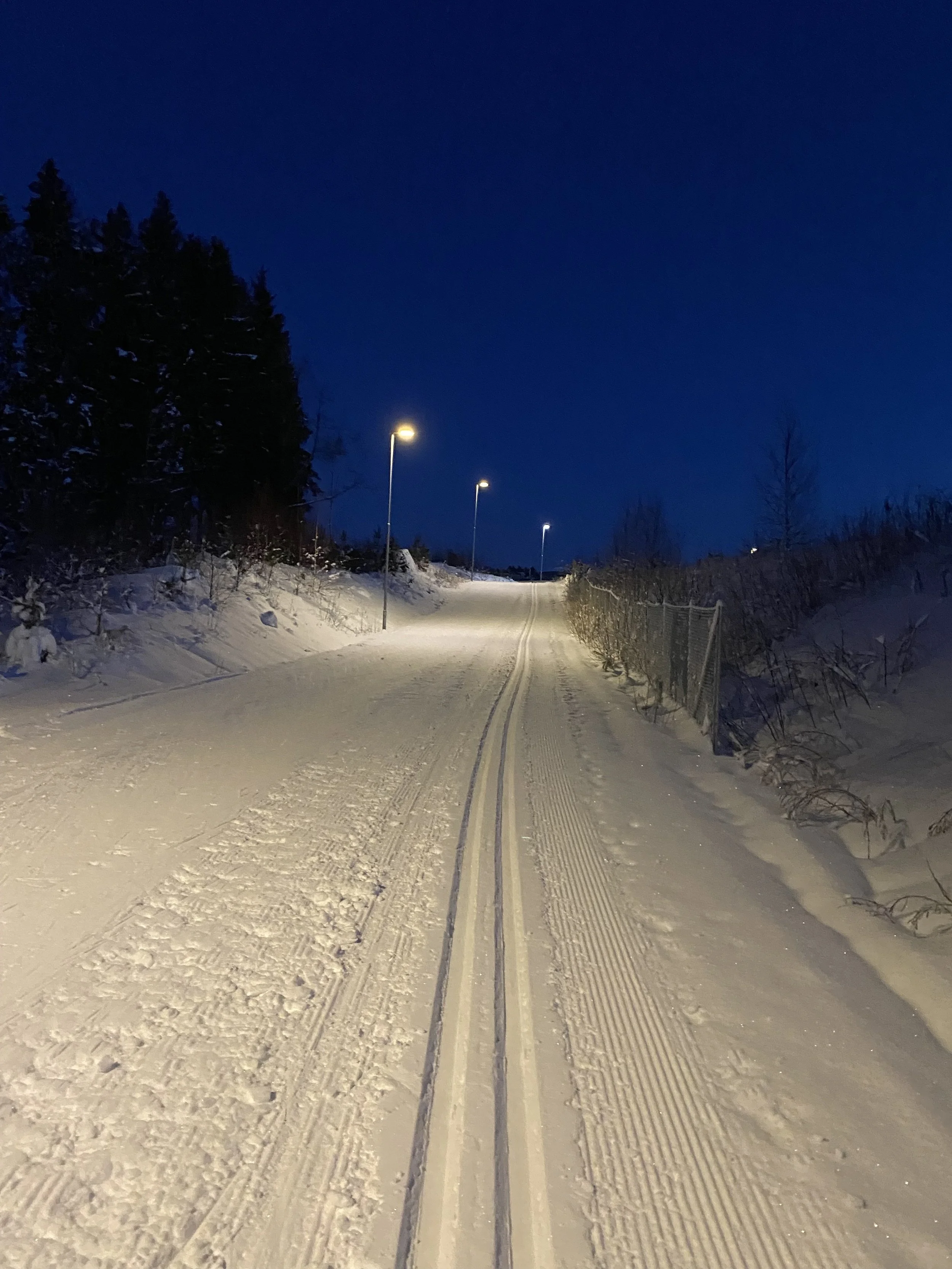In Norway, the 12th of April this year, it was decided that the seabed outside of the Norwegian Sea and the Barents Sea will be opened up for deep sea mining. See the map at the bottom.
The reason why this decision was made is to find more minerals, as they can be needed when the world community transitions to a greener economy. But the many reasons why we are not ready yet is what I will highlight here.
According to a recent article in Aftenposten Innsikt, where they interviews numerous scientists working on deep sea research, one researcher at UiB claims that the positivism around deep sea mining in Norway can be compared to that of the American space exploration program of Apollo, where 400 000 people worked and 25,4 billion dollars where invested in order to fill the knowledge gaps.
Another scientist, explains how the Mareano mapping of the sea bed has not gone deeper than 3000 meters yet, and that some trial and error must be expected, and at the earliest can start in 2025. Yet another scientist who works with creatures found on the sea bed states that it is hard to investigate in one area, when we do not know what is in the surrounding areas. With this she means that it is hard to know anything about their specific functions, when we do not have adequate knowledge of surrounding areas.
If we dive even deeper, another scientist working on biotechnology who focuses his research on enzymes, tells us that every enzyme that we find can have an enormous potential, and we have just scratched the surface of what is to come. At the moment he is researching an enzyme that can break down plastic. His worry is that if we start drilling in the sea bed, enzymes that could help us solve the plastic crisis can get lost forever, before we even found it.
Both The Norwegian Environment Agency and the joint environmental movement has protested the sea bed mining, and WWF has even taken the Norwegian state to court over this decision. The EU has asked for a pause, until we know more about the risks and alternatives to mining in the sea bed. The bank Storebrand states that they do not wish to help fund this industry, and also points out that the demand for minerals may decline when we improve the current recycling systems for the minerals we already have.
If Norway opens up for deep sea mining, it will be as the first country in the world to do so. There are numerous reasons to show precaution and let the science explore first. One scientist states that if the politicians does not come with tough enough guidelines, before we know what kind of values that may lie at the sea bed, it can look like the politicians are just biding their time. This is not the politics we want. We want responsible politicians that will put the safety of our planetary health before profit.
We do not yet know what kinds of life that live in these areas, and these spectacular images from the sea bed only show us the tip of the iceberg. We do not know what we are destroying.
The red is the search area






